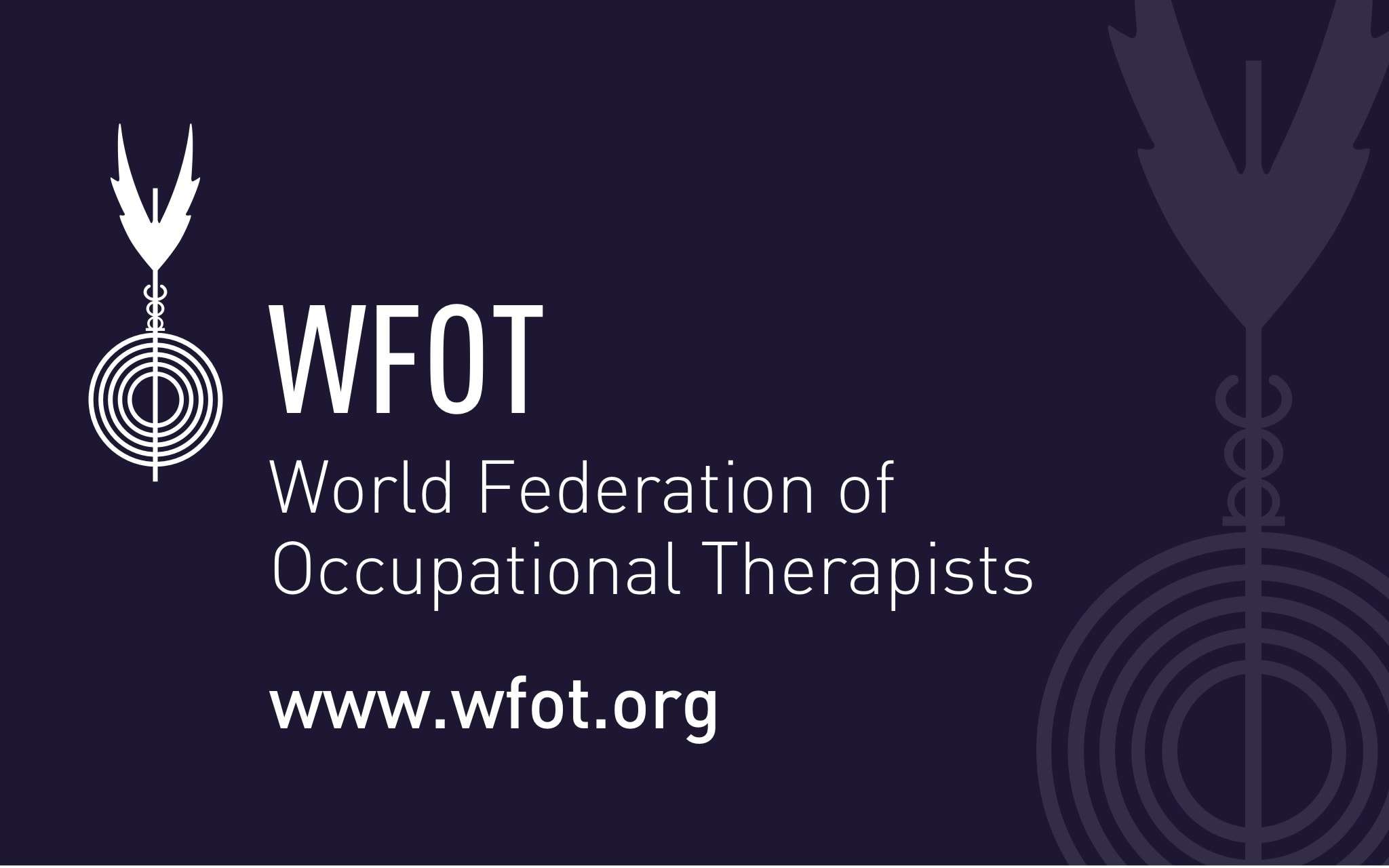If you suspect you or someone you love might have borderline personality disorder (BPD), a helpful first step is to learn about the process of receiving a borderline personality disorder diagnosis.
Borderline personality disorder is a serious mental health condition that makes it difficult to regulate emotions, resulting in unstable moods, behaviors, and relationships, per the American Psychiatric Association (APA).
While overviews of BPD symptoms are widely available online, the only person who can diagnose borderline personality disorder is a licensed mental health professional.
There’s no specific test for BPD, but a healthcare provider can determine a diagnosis with a comprehensive psychiatric interview and medical exam. After that, you can get appropriate treatment and begin to manage your symptoms better and move forward in your life.
In the meantime, here’s what you need to know about what a screening for BPD typically entails, the criteria for a borderline personality disorder diagnosis, and more.
:max_bytes(150000):strip_icc()/GettyImages-6684404841-b1fed329146c4253a89583dab549e1a3.jpg)
SDI Productions / E+ / Getty Images
Professional Screenings
Borderline personality disorder can be diagnosed by a trained mental health professional such as a psychiatrist, therapist, or clinical social worker. Screenings for BPD should be done face-to-face in person or virtually rather than via an online test.
A complete assessment for BPD includes:
- A thorough interview including a discussion of your symptoms and past and present life
- A review of your personal and family medical history
- A medical exam to rule out other potential causes of symptoms
- In some cases, additional interviews with family and friends
The “Diagnostic and Statistical Manual of Mental Disorders” (DSM), published by the APA, provides the official diagnostic criteria for BPD and other mental health conditions.
To receive a borderline personality disorder diagnosis, you must experience five or more of the following symptoms in a variety of contexts:
- Feelings of emptiness
- Emotional instability (such as intense sadness, irritability, or anxiety lasting a few hours or, rarely, more than a few days)
- Efforts to avoid real or imagined abandonment
- Identity disturbances with unstable self-image or sense of self
- Impulsive behavior (such as reckless driving, binge-eating, substance abuse, or unsafe sex)
- Inappropriate, intense anger or difficulty controlling anger
- Pattern of unstable and intense interpersonal relationships
- Recurrent suicidal behavior, gestures, or threats, or self-harming behavior
- Transient, stress-related changes in thoughts such as paranoid ideation (like beliefs that others may be trying to hurt or harm you) or dissociation (feeling as if you’re outside of your body or numb)
If you or someone you know are having suicidal thoughts, dial 988 to contact the 988 Suicide & Crisis Lifeline and connect with a trained counselor. If you or a loved one are in immediate danger, call 911.
For more mental health resources, see our National Helpline Database.
Many people living with borderline personality disorder also have co-occurring health conditions such as a mood disorder, eating disorder, substance abuse, or other personality disorders. Due to overlapping clusters of symptoms, it can be difficult to diagnose and treat borderline personality disorder and sometimes requires multiple appointments to receive a definitive diagnosis.
Labs and Tests
Currently, there are no laboratory tests to determine whether a person has borderline personality disorder. However, your healthcare provider may perform a physical exam along with bloodwork or additional tests to rule out other possible causes of your symptoms. In turn, this can increase your confidence in a borderline personality disorder diagnosis.
Self/At-Home Testing
While it’s possible to identify recurring moods, behaviors, or patterns in your relationships on your own, you cannot diagnose yourself or someone else with borderline personality disorder without the proper training.
What’s more, many people experience the symptoms that characterize BPD from time to time—but may not fully meet the criteria for an official borderline personality disorder diagnosis. As is true for any mental health condition, the only way to receive an official diagnosis of BPD is to meet with a qualified mental health professional.
If you’re wondering whether or not you have BPD, contact a mental health professional to schedule an appointment for an assessment. While it can take time to connect with a clinician who specializes in treating BPD, it’s the best way to find an effective treatment for your needs.
If you or a loved one are struggling with borderline personality disorder, contact the Substance Abuse and Mental Health Services Administration (SAMHSA) National Helpline at 1-800-662-4357 for information on support and treatment facilities in your area.
A Word From Verywell
Borderline personality disorder can make those living with it and their loved ones feel out of control, off-kilter, and exhausted. Although BPD can be hard to diagnose due to a cluster of symptoms that often overlap with other mental health conditions, it is possible to find a mental health professional you trust to receive a proper diagnosis and get the help you need. Reach out to a healthcare provider to get started.
Seeking help and sticking with treatment can be challenging, especially if you feel embarrassed or ashamed about a potential BPD diagnosis. But know that there are many effective treatment options available specifically targeted to BPD, such as dialectical behavior therapy (DBT) and mentalization-based treatment (MBT) as well as medication.
There are also plenty of ways friends and family can provide and receive support. With help, you can learn how to add structure to your day, process stormy emotions, improve your communication skills, and lead a fulfilling life with fewer symptoms.
People with borderline personality disorder may experience intense mood swings and feel uncertainty about how they see themselves. Their feelings for others can change quickly, and swing from extreme closeness to extreme dislike. These changing feelings can lead to unstable relationships and emotional pain.
People with borderline personality disorder also tend to view things in extremes, such as all good or all bad. Their interests and values can change quickly, and they may act impulsively or recklessly.
Other signs or symptoms may include:
- Efforts to avoid real or perceived abandonment, such as plunging headfirst into relationships—or ending them just as quickly.
- A pattern of intense and unstable relationships with family, friends, and loved ones.
- A distorted and unstable self-image or sense of self.
- Impulsive and often dangerous behaviors, such as spending sprees, unsafe sex, substance abuse, reckless driving, and binge eating. Please note: If these behaviors happen mostly during times of elevated mood or energy, they may be symptoms of a mood disorder and not borderline personality disorder.
- Self-harming behavior, such as cutting.
- Recurring thoughts of suicidal behaviors or threats.
- Intense and highly variable moods, with episodes lasting from a few hours to a few days.
- Chronic feelings of emptiness.
- Inappropriate, intense anger or problems controlling anger.
- Feelings of dissociation, such as feeling cut off from oneself, observing oneself from outside one’s body, or feelings of unreality.
Not everyone with borderline personality disorder may experience all of these symptoms. The severity, frequency, and duration of symptoms depend on the person and their illness.
People with borderline personality disorder have a significantly higher rate of self-harming and suicidal behavior than the general population.
People with borderline personality disorder who are thinking of harming themselves or attempting suicide need help right away.
If you or someone you know is in immediate distress or is thinking about hurting themselves, call or text the 988 Suicide & Crisis Lifeline at 988 or chat at 988lifeline.org. You can also contact the Crisis Text Line (text HELLO to 741741).
A licensed mental health professional can diagnose someone with borderline personality disorder (BPD).
In the United States, this may include a:
• psychiatrist (MD or DO)
• psychologist (PhD or PsyD)
• clinical social worker (LCSW or LICSW)
• licensed professional counselor (LPC)
• licensed mental health counselor (LMHC)
• marriage and family therapist (LMFT or MFT)
• psychiatric nurse or nurse practitioner
In many smaller or rural communities, a family doctor or family physician may also be in a position to diagnose borderline personality disorder.
Depending on state licensing, some professions (or paraprofessionals) cannot diagnose BPD. These individuals might be a(n):
• caseworker or case managers
• peer support worker or peer support professional
• undergraduate or graduate student
• life coach or personal development coach
If you are interested in getting a diagnosis, you should find someone who specializes in the treatment of borderline personality disorder. A lot of wonderful, well-educated mental health professionals don’t specialize in the treatment of personality disorders so it helps if you can identify someone who has training and experience in using evidence-based treatments like dialectical behavior therapy and mentalization-based treatment.
Getting a Diagnosis of BPD: What to Ask a Professional
The first step in reaching out can be scary. When you are contacting a licensed mental health professional for the first time, you can start the conversation by asking:
• Does your license allow you to diagnose borderline personality disorder?
• I’ve been reading about borderline personality disorder and it sounds like I have some of the symptoms. Can you diagnose me?
• A friend told me about borderline personality disorder and I’d like to learn more. Do you help to diagnose BPD?
• I want to learn more about borderline personality disorder. Can you diagnose me if we meet in person?
• My girlfriend wants me to get tested for borderline personality disorder. Can you help me?
• A therapist once said that I might have BPD but I don’t know if she meant borderline personality disorder or bipolar disorder. Can you diagnose me and help me to understand my mood swings?
• I don’t think that I have borderline personality disorder but I’d like to understand my depression and anxiety better. If I meet with you, can you tell me if I have borderline personality disorder?
• I’m looking for someone who specializes in borderline personality disorder. Can you help me?
or, simply
• Do you help people with borderline personality disorder?
How Long Does it Take to Diagnose BPD?
A licensed mental health professional will use a book called the DSM-5 to help diagnose BPD.
Some professionals may ask you to complete specific assessments while others may ask a lot of open-ended questions about you, your family history, and what kind of problems you may want to work on in treatment. Most professionals will use a combination of assessments and an interview that may take place anywhere over one to six hours.
Feel free to ask your mental health professional how they assess for and diagnose borderline personality disorder.
Your First Steps in Getting Help for BPD
That next phone call or email contact may be difficult to make but your emotional health is worth it. Learning more about yourself and your mind is not only responsible but also emotionally healthy.
If possible, ask a friend or a family member to help you find someone who can assess you and your symptoms. This is a less scary endeavor when we ask others for their nonjudgmental support and encouragement.
Be sure to tell the licensed mental health professional if you are thinking of harming yourself or others. We can only begin to heal when we share this information with others. This is your opportunity to talk about something important in a safe environment.
You Are Not a Diagnosis of Borderline Personality Disorder
There are many parts to you and a mental health diagnosis is just one small part.
Please don’t imagine that you can be wholly defined by a diagnosis or label. Getting help for a problem you cannot solve on your own doesn’t mean that there’s something wrong with you. Emotionally healthy people ask for help all the time.
Getting help can be an important part of your life story. As someone who specializes in diagnosing and treating BPD, I believe that you are inherently worthy of healing.



